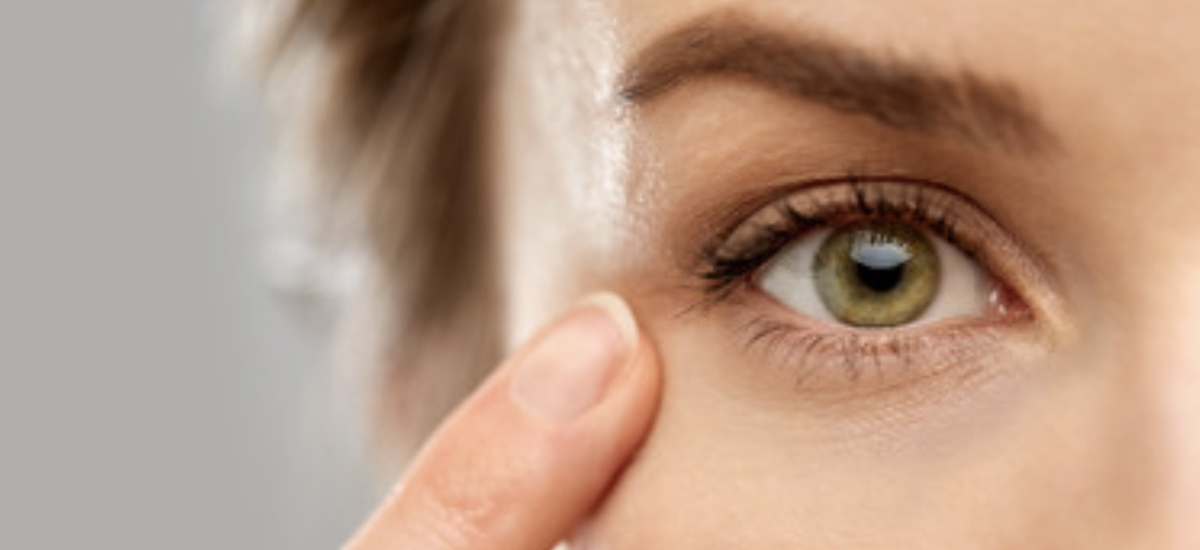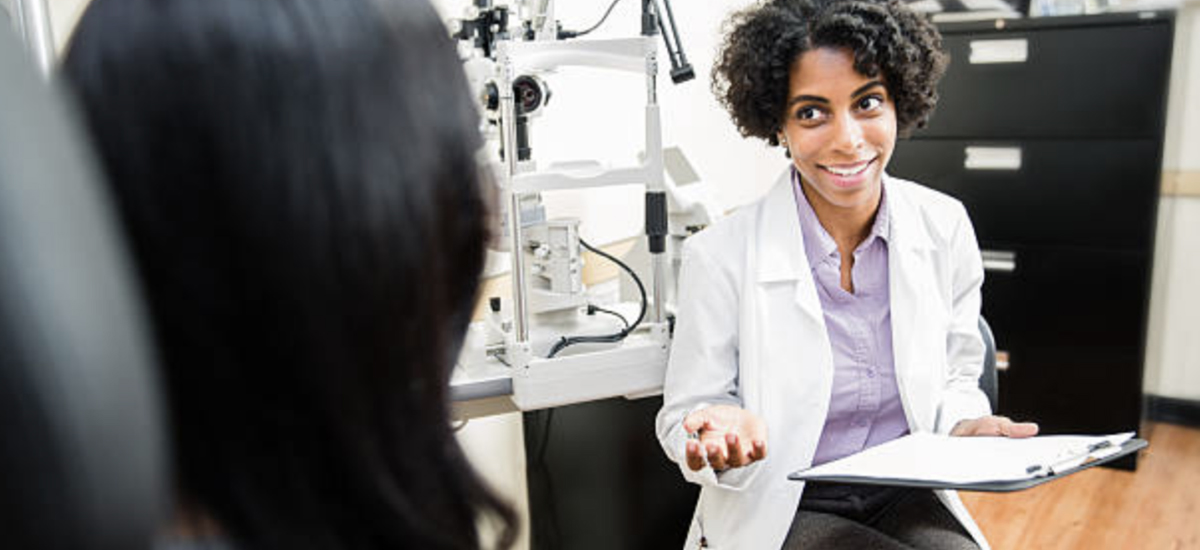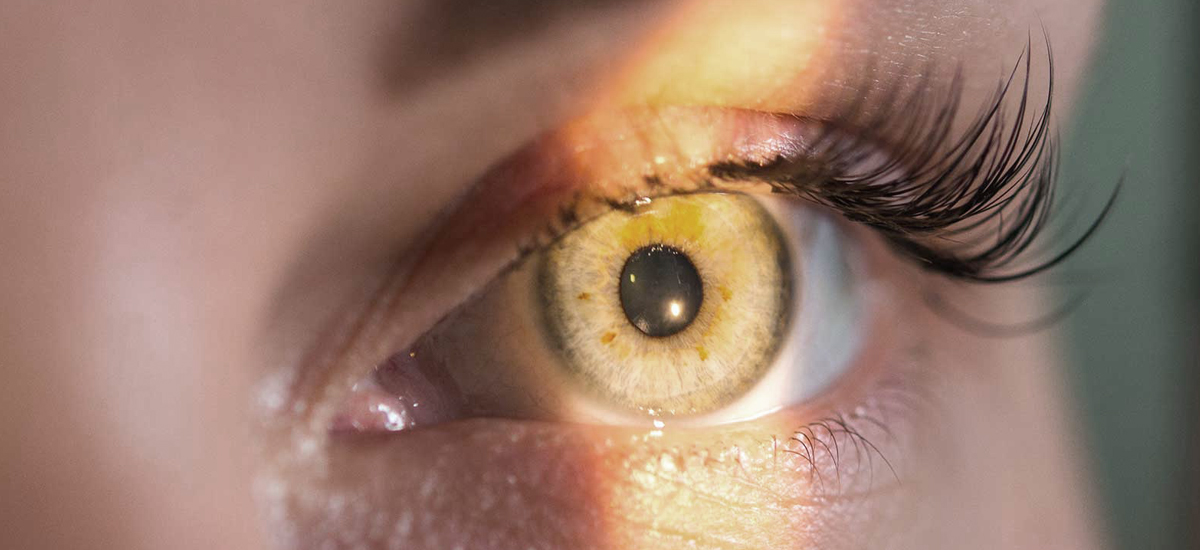This Is When to Get Glasses for Reading

As we age, our eyesight changes, and it may become more difficult to read without moving a book or tablet closer. If you have to reposition your reading device to make it easier to see, you might wonder, ‘Do I need reading glasses?’
Clearing up images is a common reason to get reading glasses, but there are other ways to know when to get glasses for reading, too.
How do you know when to get glasses for reading?
The symptoms of when to get glasses for reading often start after age 40. The lenses in our eyes are less pliable at that age, which makes it difficult for us to view nearby objects with much clarity. As a result, we can develop presbyopia, a condition which impacts the eyes’ ability to concentrate and often mandates reading glasses.
Besides lack of clarity from presbyopia, here are the other signs of when to get glasses for reading:
- Written text is blurry. It can be challenging for you to identify small words in low light on your books, devices, or magazines. Over time, it can become difficult for your eyes to focus on things close to you, making the text appear blurry.
- You experience eye fatigue while reading. Tired eyes and eye pain are common symptoms of presbyopia, which strains your eyes.
- Reading gives you a headache. Reading something at close range for long periods can cause eye strain and headaches. This could also be a sign of a refractive error, such as farsightedness.
- You have to turn up the light. You may no longer be able to read in low light. Now, you may need to increase the brightness of the room to see what you’re reading.
What are the benefits of reading glasses?
Now that you know when to get glasses for reading, you may be wondering if you should wear them all the time. Reading glasses serve one major purpose: to enlarge the text on the page you’re reading. Therefore, reading glasses aren’t necessary to wear all the time, only while you’re reading or doing similar activities.
Here are some benefits of getting reading glasses:
- Alleviate eye strain.
- Decrease headaches while reading.
- Reduce dry eyes while reading for long periods.
One thing to consider when shopping is that there are different strengths of reading glasses. So, how do you know what strength of reading glasses to get? Consult your optometrist during your next comprehensive eye exam. Also, if you have reading glasses, but they’re no longer clearing up images, talk to your eye doctor about changing your prescription.
Summary: How do you know if you need reading glasses?
People tend to first experience symptoms of needing reading glasses after age 40. If you know when to get glasses for reading, you won’t have to struggle with the effects of your eyes changing.
Some common symptoms of needing reading glasses include eye pain and headaches while reading. Wearing the right reading glasses can alleviate these symptoms and clear up your reading material. However, you’ll want to see an optometrist to find the right strength of reading glasses for your needs.
You may not need to wear reading glasses all day, but due to how they help your eyes, they are worth the investment.
Shop at For Eyes for your next pair of glasses
Show off your unique style and browse our wide variety of frames from your favorite brands for men, women and kids. Stop by your local For Eyes or order online at your convenience.











